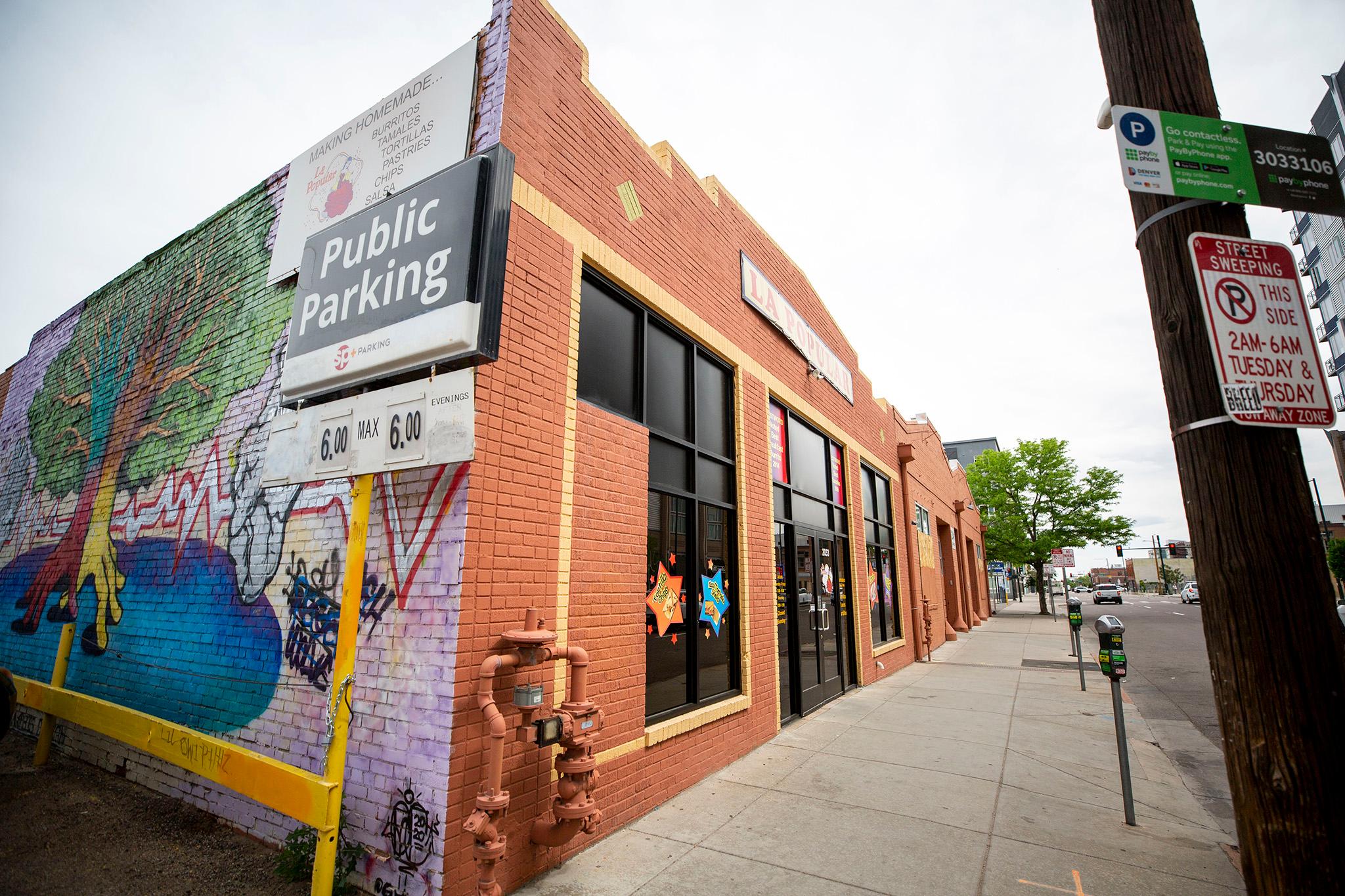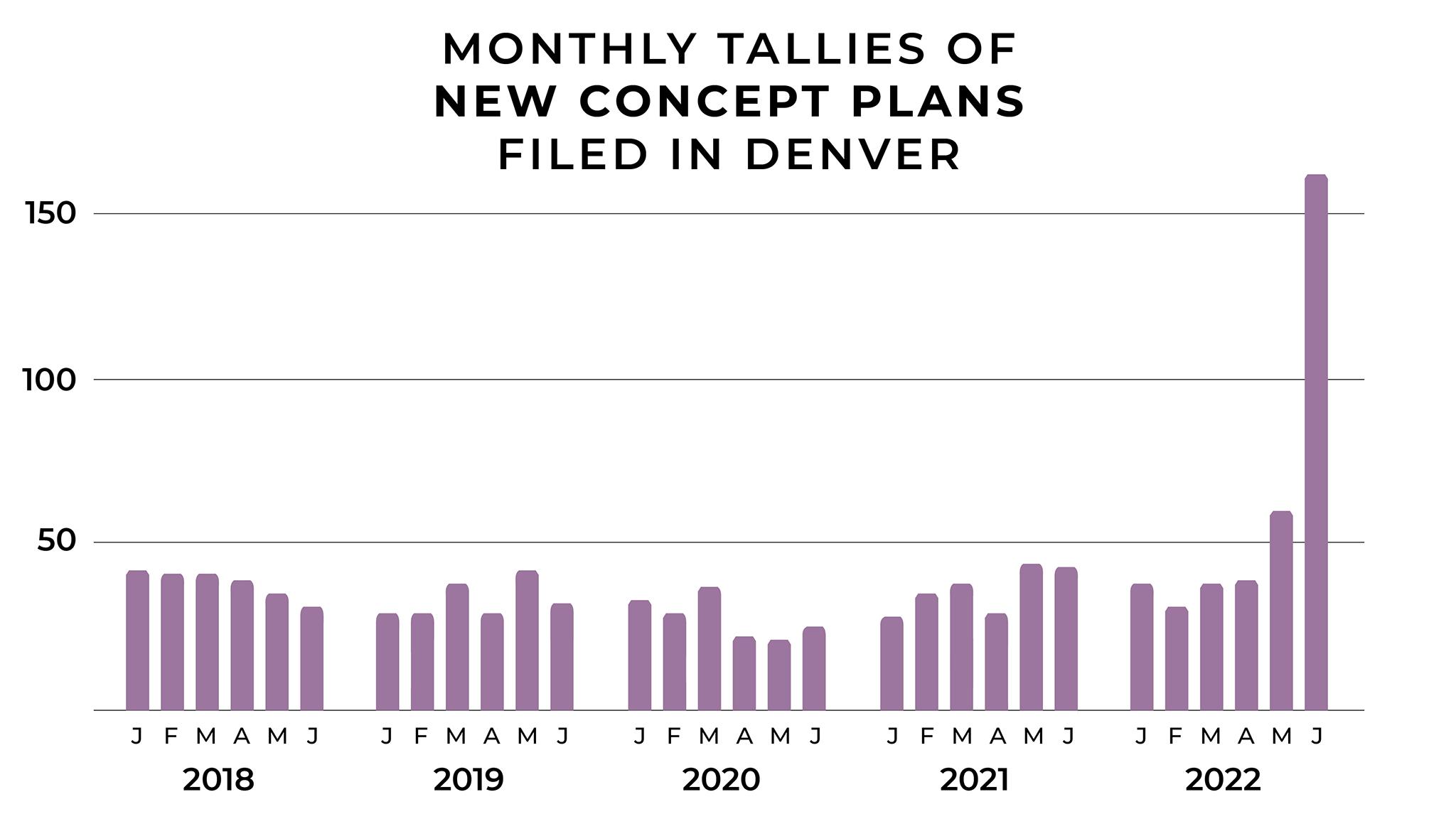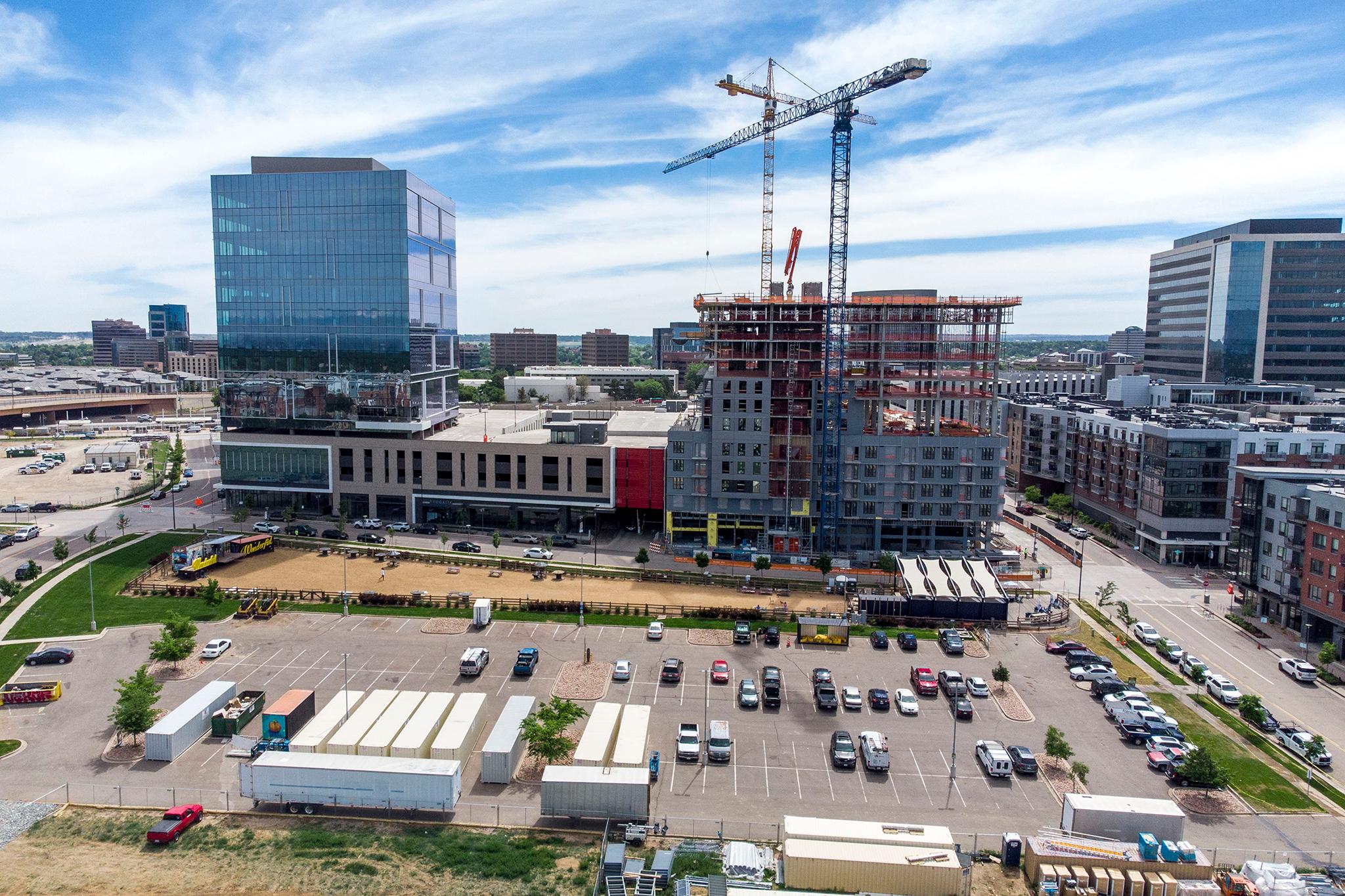Remember that moment in action movies when the heroes run from the pirates or the velociraptors or the giant boulders, and a gate starts closing? When right at the last millisecond, with sweat dripping down their faces, they slide under the gate toward safety, and then... SLAM... they... made... it. Phew!
That's what this month has been like for developers trying to submit their project ideas to the city's planning department before the Expanding Housing Affordability rules go into effect on July 1.
The plan pushes developers -- who are hardly lauded as heroes by all in the community -- to help solve the city's affordable housing program. How? By forcing them to add income-restricted units to new residential projects with 10 or more units or by increasing linkage fees to pay into the city's Dedicated Affordable Housing Fund. We explained the details of the plan here.
Expanding Housing Affordability had been in the works for the past couple years. Mayor Michael Hancock and City Council largely supported it, though developers have been split on whether it's a good idea.
Some, like Susan Powers, argued it was a sensible way to nudge the development community to play a bigger role in finding an affordable housing fix.
Others, like Andy Feinstein, argued it would make it too expensive for developers to build and disincentive the creation of market-rate housing.
Ross Holbrook, of stok Investment Group, told Denverite he supported Expanding Housing Affordability, but still rushed through plans to have options.
In early June, City Council passed the plan with one dissenting vote, from Councilmember Candi CdeBaca.

One thing Expanding Housing Affordability has already done: encouraged developers to propose a boatload of projects before the plan launched July 1.
In June alone, 162 new developments were proposed, according to data from Community Planning and Development, the city's planning department.
These include everything from office buildings that may be converted into residential space, new possible towers at the La Popular site and across from the Mercury Cafe, new development in the Belleview Station neighborhood, and Holbrook's proposed multifamily housing at 28th and Welton streets.
This June, Denver Community Planning and Development had over five times the number of concept plans submitted to the city than the department saw in June of 2018.
June 2021 saw 43 new project proposals. In the same month in 2020, there were just 25. Before the pandemic, in June 2019, there were 32 projects, and in June 2018, 31 were proposed. The planning department received more proposals in June 2022 than it reviewed in the previous four Junes combined.

May '22 was also a busy month, with 60 plans proposed. The rest of 2022 has been more or less normal.
None of this was a surprise.
"The city expected to see more plans come in before the June 30 deadline than after," said the planning department's spokesperson Laura Swartz, in an email.
Even so, watching all those plans come in must have been a little like witnessing a tsunami crash in slow motion.
Community Planning and Development has been overloaded for months, taking longer than it hoped to review projects. City Councilmember Kevin Flynn has pushed the department to find ways to speed up the process. The agency's head, Laura Aldrete, has explained the department is hiring contractors and retirees to help play catch up. But many positions remain vacant, and those contractors won't be brought on board until August.
Right now, major residential projects like new homes and landmark projects take over 10 weeks to review. Commercial multifamily housing takes over four. Minor residential projects, like new fences, window wells, decks and sheds, are taking almost 15 days.
The planning department hopes to have a lull soon -- in part because developers will likely submit fewer proposals after the June rush.
"We are likely to see a slow down in submittals in July and August," Swartz said.
The slow down is good news for Community Planning and Development, which needs to play catch up with the onslaught of applications.
But in a city that is behind about 130,000 units of housing, according to the Colorado Apartment Association, and behind roughly 55,000 units of income-restricted housing, according to the Denver Housing Authority, the need for new units is massive, too.
Slow review times and hesitant developers will lead to longer delays in new construction, which Feinstein and others argue is critical to solving the city's housing shortage. As long as there is huge demand and little stock, prices will stay high.
For developers eager to get going on recently submitted projects, they'll need to exercise patience. Their projects are stuck in limbo until they can be reviewed and approved by city planning.
Said Swartz: "For now, it is worth noting that concepts that come in close to the deadline may take longer to review as we work through those that came in earlier."
Correction: An earlier version of this story misstated the time it was taking the planning department to finish minor residential projects.













